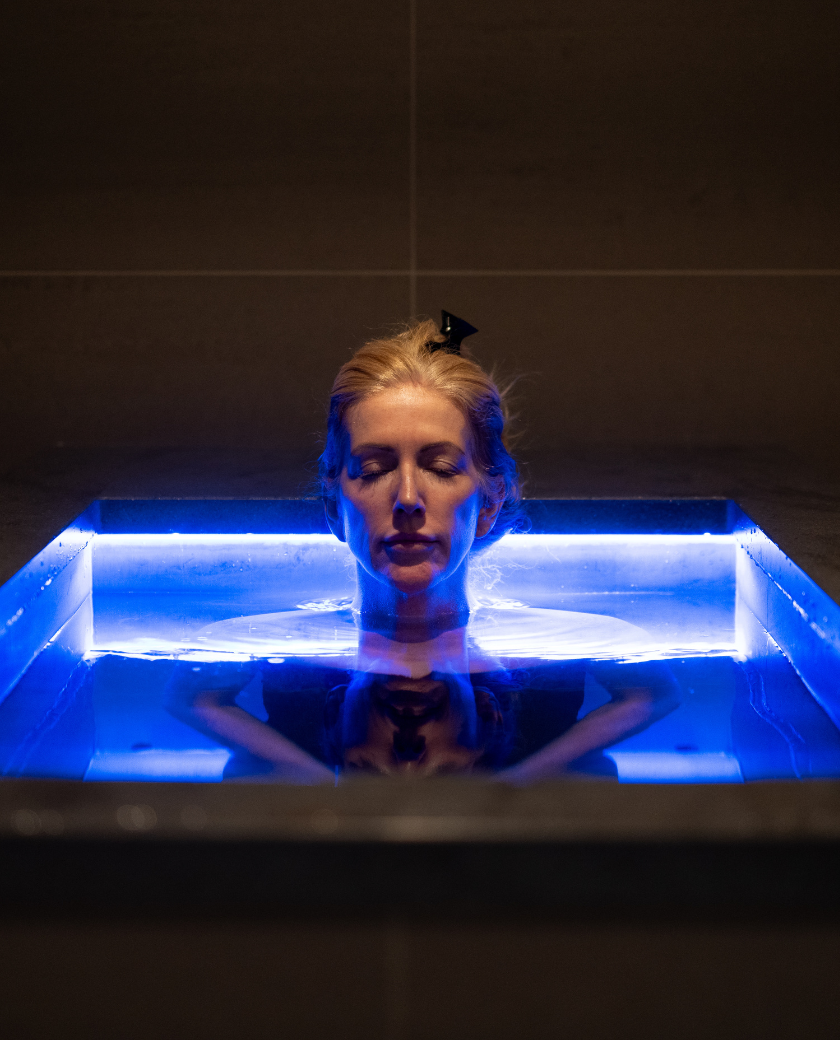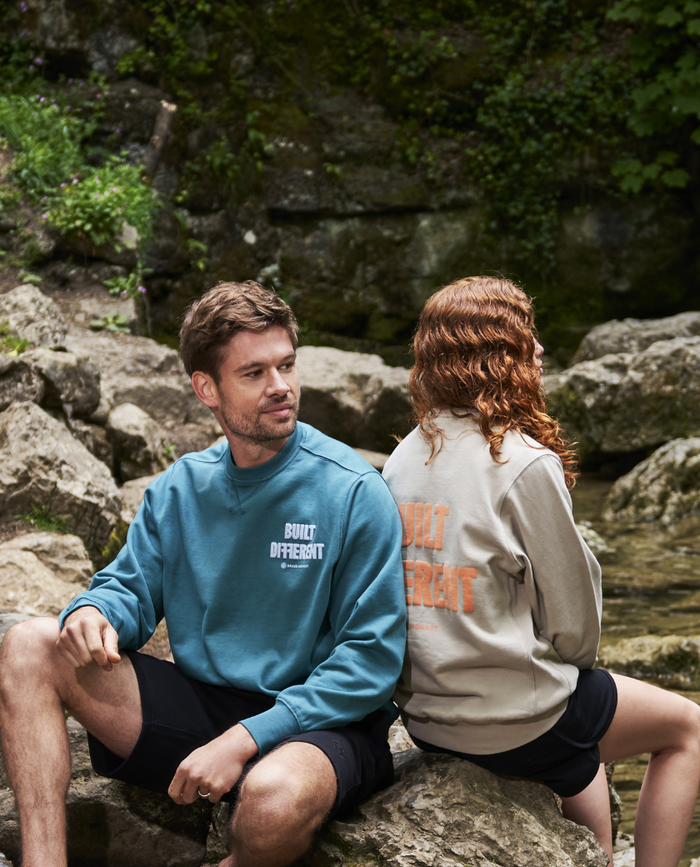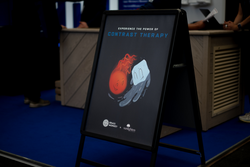How to maximise the effects of the cold by stimulating your Vagus nerve.

There are 7 trillion nerves in the human body. Like a complex network of wires they pass sensory information between the brain and every part of your body, turning information into actions, and helping to keep you alive.
Our faces and fingertips have the most nerve endings, which is why we feel temperature so intensely in these areas. Ever put your hand in the cold water of your ice bath before you got in? Your body will likely tell you not to go anywhere near it as part of your survival instincts, but when you take control and jump in anyway, chances are it’s not quite as cold as your hands were telling you.
What is the Vagus nerve?
The Vagus nerve is the key component of your ‘parasympathetic nervous system’. It leads the “rest and digest” functions of the body such as stimulating saliva, slowing the heart rate, and stimulating digestion in the stomach and intestines as well as controlling your immune response and mood.
It also counteracts your “fight or flight” stress response controlled by the opposing ‘sympathetic nervous system’. It’s responsible for functions such as dilating the pupils, dilating the bronchi in your lungs (so you can take on more oxygen), and stimulating norepinephrine and epinephrine release in the kidneys among others.
In a stressed state, our sympathetic nervous system is activated, and when stimulated, the Vagus nerve in the parasympathetic nervous system reduces that stress.
Cold water exposure is a non-invasive way to activate the Vagus nerve. Once you enter the water, it helps us slow down your breathing and heart rate and switches us into a state referred to as ‘parasympathetic mode’, more commonly known as “rest-and-digest”.
We can use this to influence our mental and emotional health. We know that prolonged, chronic stress cause chemical changes in the brain, presenting as anxiety and depression. Counteracting it by stimulating the Vagus nerve with cold water therapy, is now understood to help improve these conditions.
Plus, away from the Vagus nerve, cold water immersion therapy has been shown to increase the production of mood-elevating hormones and neurotransmitters (such as dopamine, norepinephrine, and beta-endorphins), which can lead to improvement of mood and is behind the much wider metabolic benefits of cold water immersion.
How do you stimulate the Vagus nerve using an ice bath?
The Vagus nerve runs from the top of your neck down both sides, into your chest, and down into your abdomen. It is closest to the surface of the skin in the neck, so it’s important to sink into the cold water up to the top of your neck. And if you want to max the feeling of it, a brief face and head dunk will provide ultimate stimulation of those sensitive nerves endings.
References
https://www.ncbi.nlm.nih.gov/pmc/articles/PMC5859128/#:~:text=The%20vagus%20nerve%20is%20an,%2C%20satiety%2C%20and%20energy%20homeostasis.











